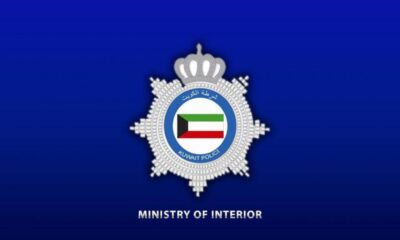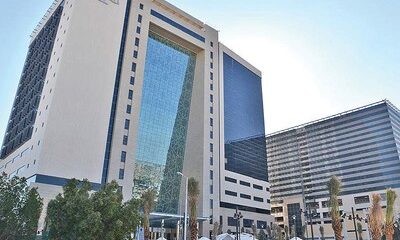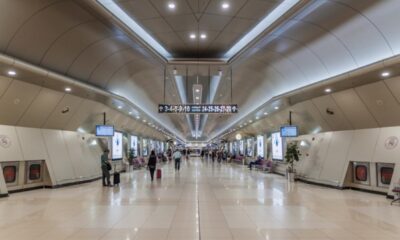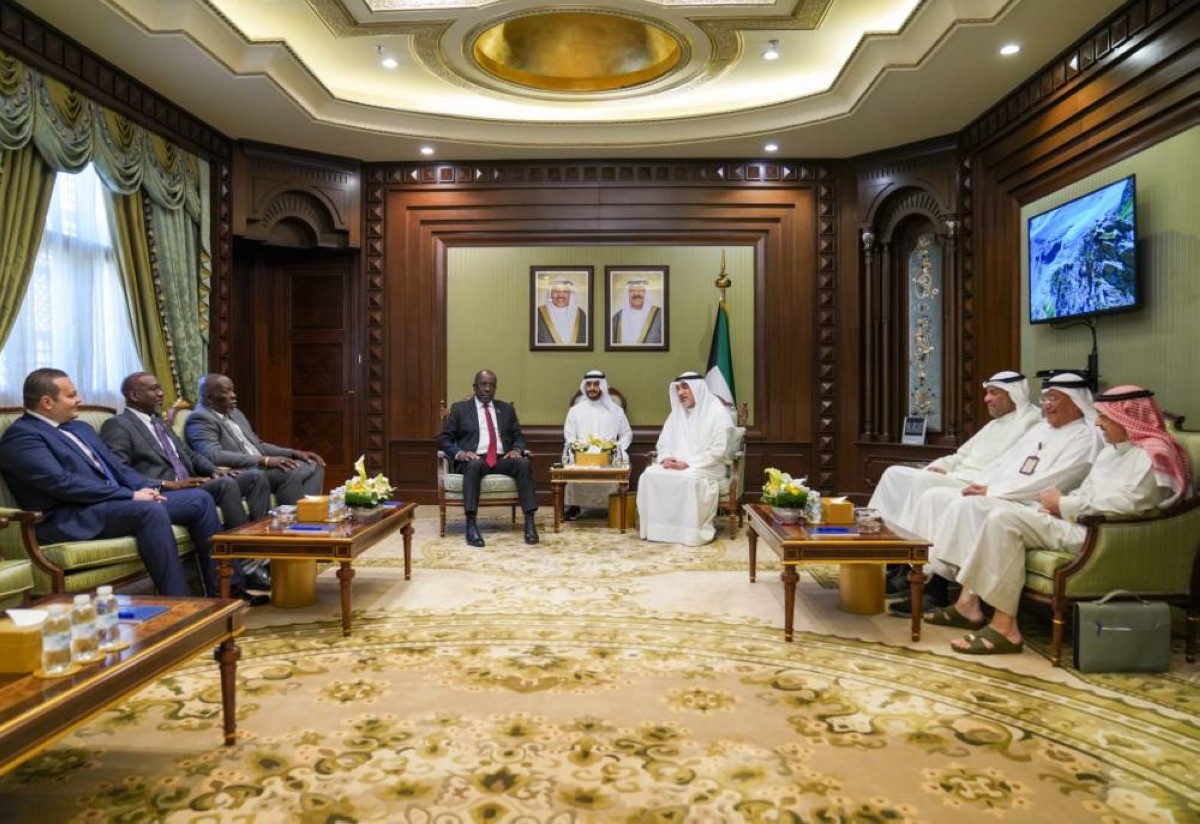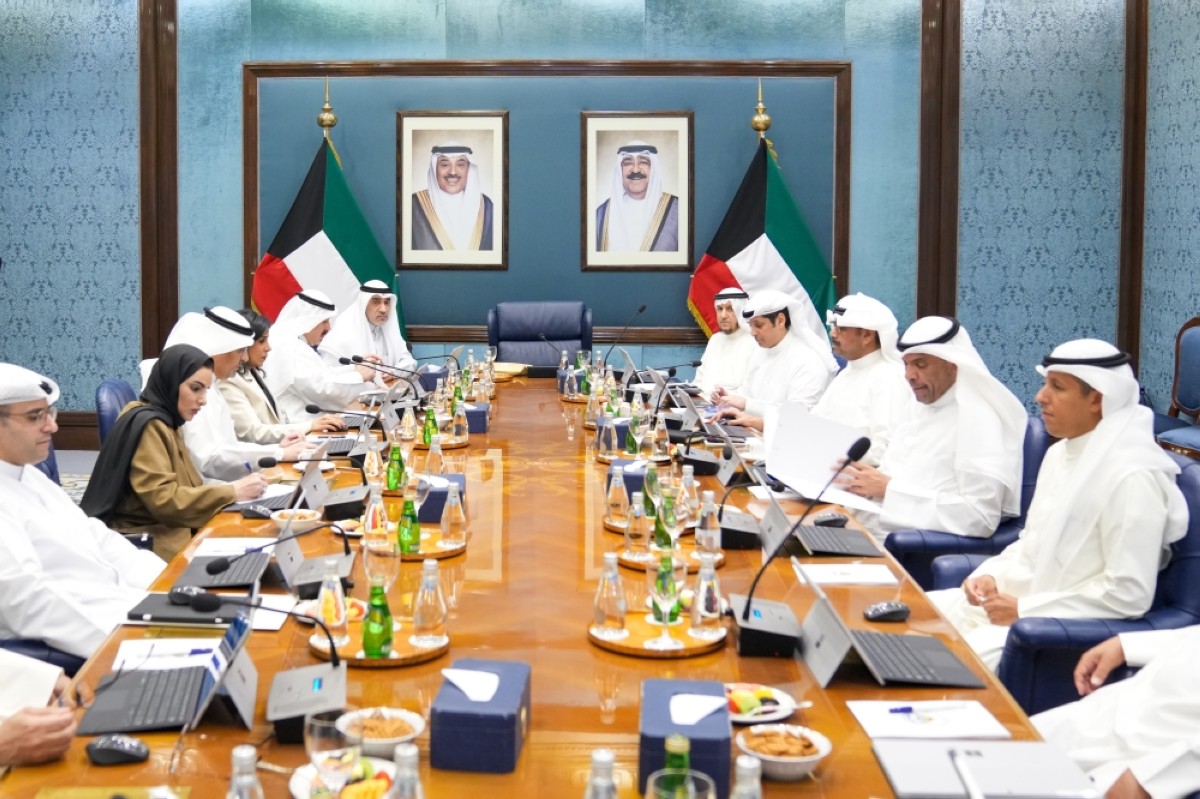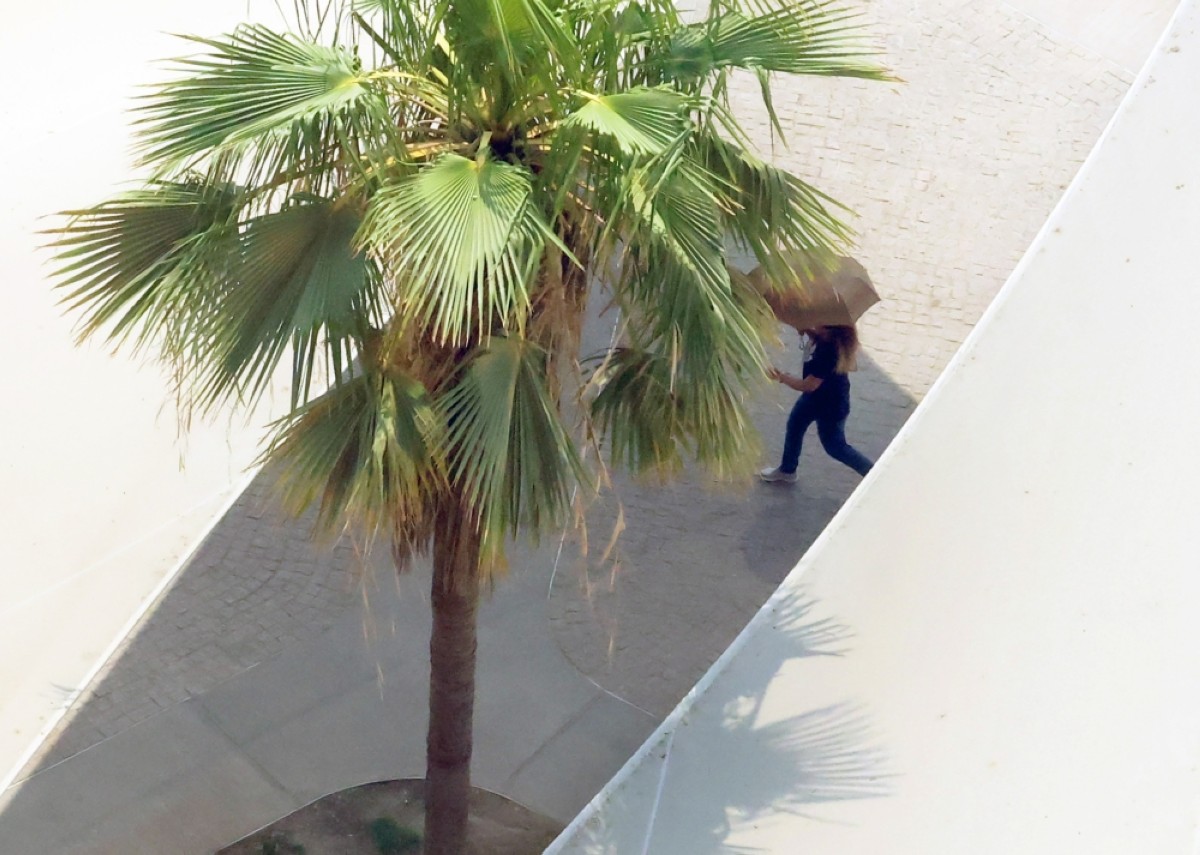BRUSSELS: Kuwait is playing a leading role in strengthening cooperation between NATO and Gulf nations, particularly through its NATO-ICI Regional Center, officials emphasized this week on the occasion of the 21st anniversary of the United States designating Kuwait as a Major Non-NATO ally. Javier Colomina, NATO Secretary General’s Special Representative for the Southern Neighbourhood, highlighted the importance of the Kuwait-based center in facilitating political dialogue and addressing regional security challenges.
“The center has become a key regional hub for security cooperation, hosting political dialogue, education, training, and public diplomacy events,” Colomina said, noting that since its establishment in January 2017, the center has organized 101 political dialogue events and 56 military training courses.
Colomina further underscored the center’s role in addressing global security challenges, such as climate change, food security and maritime security. “In 2024, topics such as climate change and defense education were among the focal points of discussions, which featured prominent speakers from NATO and Kuwait,” he added. The center has also played a key role in developing the region’s young diplomatic talent through initiatives like the “Young Ambassadors Program,” which was held in collaboration with the British and Canadian embassies and the United Nations.
Kuwait’s commitment to enhancing security cooperation with NATO has been integral to its partnership with the alliance. “Kuwait’s active participation in multi-level political consultations and NATO-led initiatives in cybersecurity, counterterrorism, and energy security has been pivotal,” said Kuwait’s Ambassador to Belgium and Head of Missions to the EU and NATO, Nawaf Al-Enezi. In an interview with KUNA, Al-Enezi noted that the NATO-ICI Regional Center in Kuwait is “the first and only center of its kind in the region,” serving as a critical platform for training, communication and multilateral cooperation.
“It has played a major role in training national personnel from ICI member states, as well as non-ICI Gulf countries like Saudi Arabia and Oman,” he explained. He further emphasized that the center is not just about military training but also about fostering deeper diplomatic engagement. “The center facilitates NATO Dialogue initiatives, contributing to high-level visits and strengthening NATO-Gulf relations,” he added.
Looking ahead, both Colomina and Al-Enezi see continued growth in NATO-Kuwait cooperation. Colomina pointed to the regional action plan for 2025 agreed upon by NATO and Kuwait, which will involve over 21 courses and events aimed at enhancing cooperation in areas such as counterterrorism, crisis management, and cybersecurity. “2025 will be the most active year for the center,” Colomina predicted, pointing to an ambitious lineup of training programs.
Kuwait’s role as a key partner in NATO’s broader Middle East and Gulf strategy is undeniable. As the first Gulf country to join the Istanbul Cooperation Initiative in 2004, Kuwait has hosted three high-level meetings between NATO and the Gulf Cooperation Council (GCC), underscoring its leadership in advancing NATO-GCC relations. The 2006 meeting, the first-ever NATO Council meeting held outside NATO member states, was a major milestone in this partnership. With the 21st anniversary of the Istanbul Cooperation Initiative set to be marked in September 2025, Kuwait continues to be a driving force in shaping the future of NATO’s relationships in the Gulf and the broader Middle East. — Agencies
Factbox
“Kuwait’s engagement with NATO remains a model for collaboration between the alliance and its Gulf partners,” Al-Enezi said.
Kuwait’s cooperation with NATO
• 21st anniversary: In 2004, the US officially designated Kuwait as a Major Non-NATO Ally, marking the beginning of a strong, strategic partnership between Kuwait and NATO.
• NATO-ICI Regional Center: Established in January 2017, the center facilitates political dialogue, training, education, and public diplomacy. It hosted 101 political dialogue events and 56 military training courses.
• Kuwait’s contributions:
Active participation in NATO-led initiatives on cybersecurity, counterterrorism, and energy security.
First Gulf country to join the Istanbul Cooperation Initiative in 2004.
Host of three high-level NATO-GCC meetings, including the first NATO Council meeting outside NATO (2006).
• Future cooperation: 2025 is expected to be the most active year for the center, with over 21 planned courses and events. Focus areas will be counterterrorism, crisis management, and cybersecurity.


 Latest News14 hours ago
Latest News14 hours ago
 Latest News12 hours ago
Latest News12 hours ago
 Business20 hours ago
Business20 hours ago
 Business19 hours ago
Business19 hours ago
 Latest News19 hours ago
Latest News19 hours ago
 Politics23 hours ago
Politics23 hours ago
 Latest News22 hours ago
Latest News22 hours ago
 Latest News15 hours ago
Latest News15 hours ago


